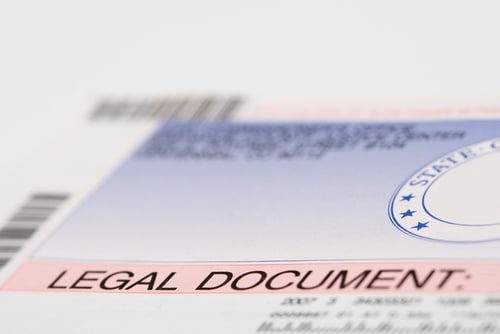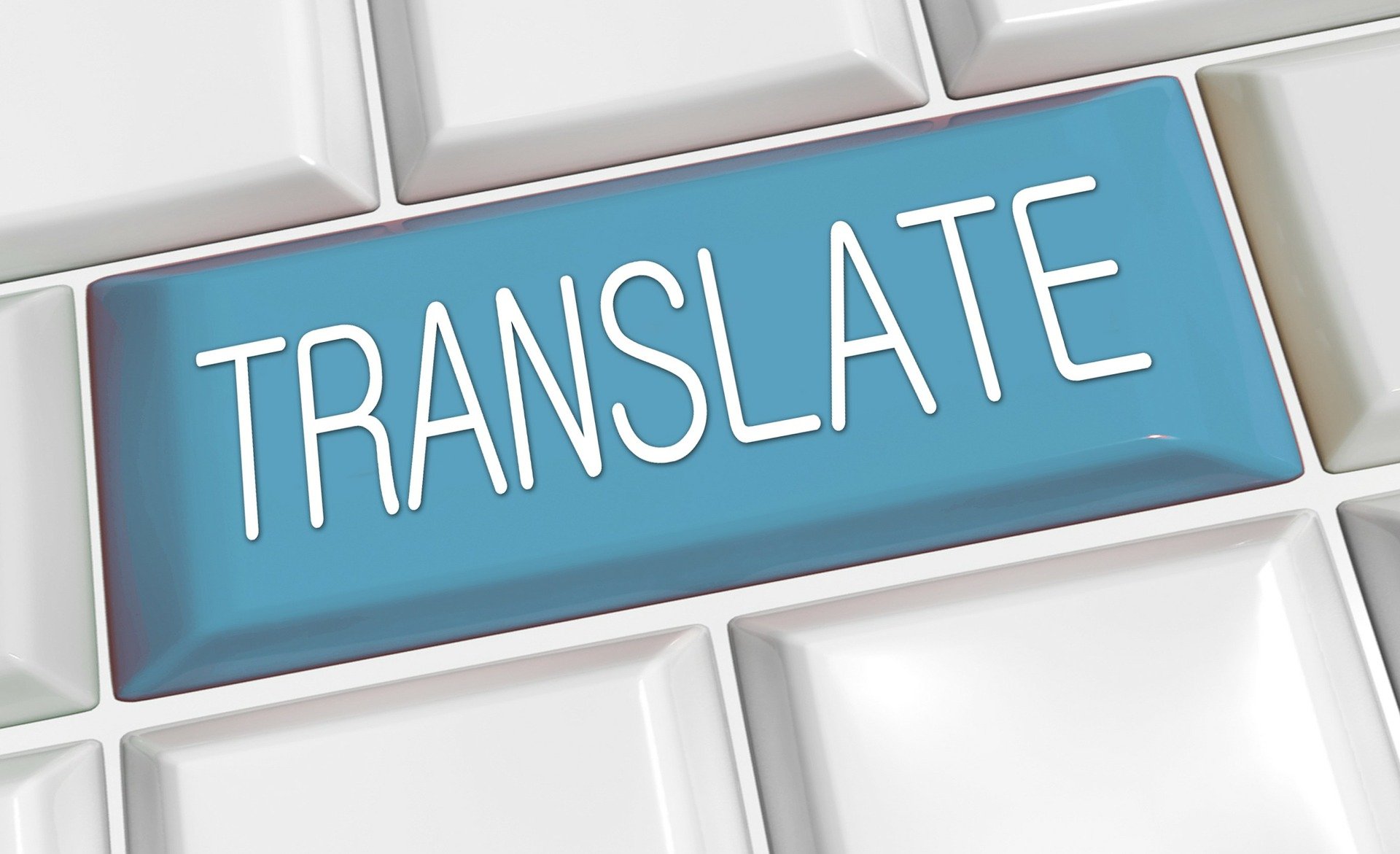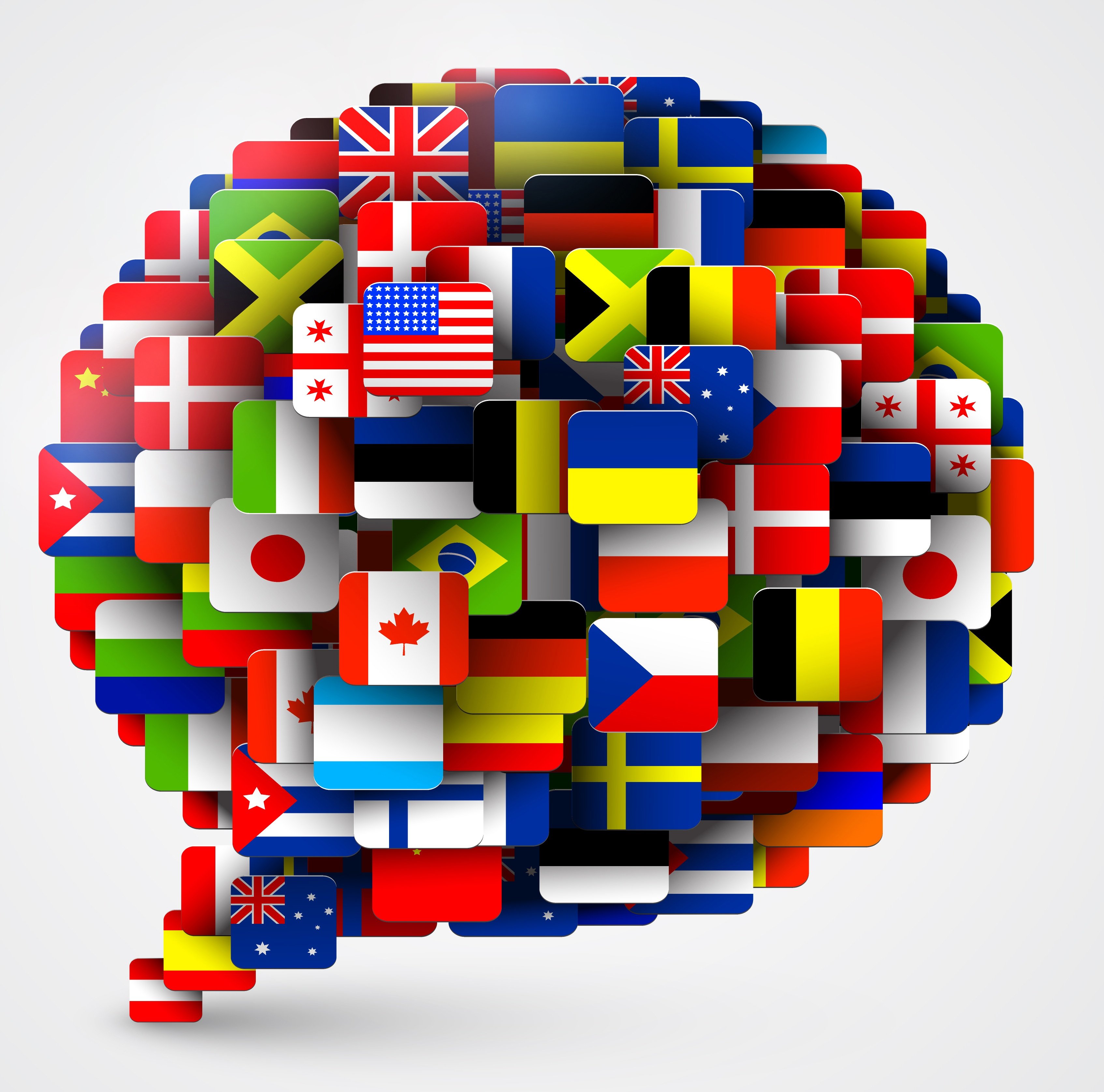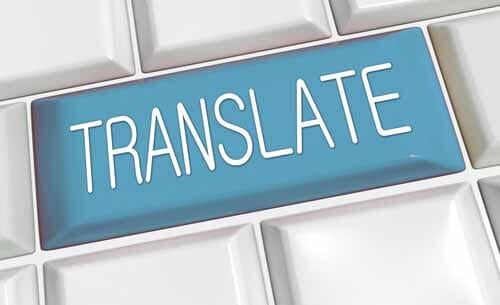Listen to Audio Version:

Although obtaining adequate health insurance has been a hot topic for nearly a decade, understanding medical authorization forms is the next hurdle for the newly insured. Some 60.6 million people, or nearly one-in-five people in the U.S.A. aged five or older, for whom English is not their primary language might suggest that a lack of medical authorization translations contributes to the lack of understanding. According to the latest census, the numbers of people who speak a language other than English at home has nearly tripled in the past three decades, so imagine that you are one of those people. Perhaps you’ve recently resettled in this country from Bolivia, where you grew up, and Spanish is your primary language. What do you do when your child suddenly becomes ill, suffering from blurred vision, severe headache, and rapid heartbeat? You’d probably do what most Americans do – head to the nearest emergency room.
But before a doctor will see your child, you’re instructed to fill out and sign a medical authorization and parental consent form. Anxiety levels soar as you try to decipher words like “designated,” “temporary authority,” and “minor.” In such a situation, it won’t take long for everyone involved to feel your frustration and panic. Yet, with a little preparation, someone could have handed you Spanish versions of all the required forms needed, making the authorization process smoother and less traumatic.
There are various medical authorization translations to consider: authorization for disclosure of medical or dental information, medical prior authorization forms, disclosure of pharmaceutical records, authorization for use and/or disclosure of member/patient health information, HIPAA-compliant authorization for the release of records, and consent of parents or legal guardians. And all can be done by a professional translation agency like Rapport International, which has extensive experience with healthcare clients such as Network Health, Harbor Health, and Beth Israel Deaconess Medical Center, to name a few. Here are five ways that professional translations of medical authorization forms can bridge the gap to better health care.
- Protecting patients and healthcare facilities – Reputable translation agencies like Rapport International always hire translators who are trained, have advanced degrees and are based in the United States when translating for a U.S.-based company. This ensures that translators know and understand the differences between private health insurance and Medicare; they’re familiar with medical terminology as well as insurance terms like co-pay, deductible, and self-insured, and they never underestimate the importance of 100% accuracy when doing translations. Professional translators understand that patients as well as the medical community need to be protected and that accurate as well as readable information is the best bridge to achieve that goal. If you’re unsure of a translation agency’s track record, never hesitate to ask whether a translation agency carries liability insurance or if they’ve ever had to use that insurance. Safety should always be a top concern.
- Adapting materials for patient understanding – Translating documents, even those for medical authorizations, needs to be done in the “voice” or reading level of typical patients. Not everyone has a degree in science or law, so making concepts and details understandable is essential for any translator. Authorization forms can be perplexing even for native speakers; they are especially confusing for those who speak foreign languages. Add a bit of fear and anxiety to the language gap and you have a recipe that’s ripe for miscommunication. Thankfully, professional linguists know how to adapt texts so that important information is accessible to all patients, in all languages, regardless of how complicated the subject matter may be.
- Correct Terminology to avoid liability – Incorrect terminology can open the floodgates to lawsuits, something healthcare providers hope to avoid. Investigate any translation agency before hiring their services to make sure they have happy clients and strong recommendations. Also, make inquiries about any language provider’s quality assurance process. All translated material should be reviewed and certified. Rapport International once proofed a document done by a translator who worked at a community health center and discovered a potentially damaging error. While describing mobility aids, the inexperienced translator used the word AIDS, referring to the illness. Had the error not been caught, the incorrect translation could have created medical mishaps as well as lawsuits against the center. Through the process of reviewing the translation, the health center learned a valuable lesson: Each and every word matters when it comes to translation.
- Capture the essence of meaning to avoid confusion – English can be a very broad language with mixed messages. Take one hospital’s slogan, “It’s all about getting better.” Is the phrase meant to address the patient who hopes to get well or the hospital who hopes to improve services? Translators know that distinguishing the subtleties of any language is essential when communicating information about healthcare needs and practices. Professional translators never assume; they always ask for clarification. Just as doctors follow protocols, so do translators because precision matters.
- Reliable service and prices – Fast turn-around service, accurate documents, and dependable quotes matter to every healthcare facility, especially when budgets are tight. Working with a dependable translation agency will always save you time and money in the long run because better communication and fewer errors leads to happier and healthier patients and less lawsuits. Good translation agencies also know how to save you money by reusing reoccurring information so that clients avoid paying for unnecessary translations. For example, four different medical authorization forms may use the same disclosure, such as, “I understand that I have the right to receive a copy of this authorization.” If you’ve contracted all four documents with the same translation agency, the project manager may be able to re-cycle repeated translations so you’re not paying multiple times for duplicate material. This is worth a discussion with your project manager. And, always investigate whether or not a translation agency stands by its quotes. More than a few agencies add in additional costs once you contract their services. Click here for a Free Quote from Rapport International, which guarantees that the price won’t change unless you change the document.
If medical authorizations are part of your healthcare business, call (978) 443-2540 to see how Rapport International can help bridge the communication gap for patients who aren’t fluent in English. After all, everyone – regardless of whether they speak Russian, Vietnamese, Persian, Armenian, Korean, Chinese, Tagalog, or any other foreign language – deserves the opportunity to experience better healthcare.
Rapport International specializes in multilingual communications, providing language translation and interpretation services that are accurate and culturally appropriate. We use the right voice and the correct terminology to avoid liability, customize services to your needs, and deliver on time and within your budget. With our 100% satisfaction guarantee, you can trust that it’s done right. Contact us today if you would like more information or to get a free quote.
Popular Posts
Popular industry news, interviews, technologies, and resources.
















